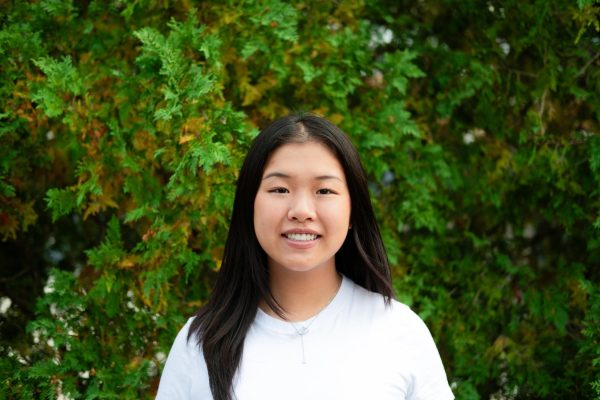By Lily Chen, Co-News Editor
On the opening day of the Educator Pipeline Support Grant Program, the Pennsylvania High Education Assistance Agency received thousands of submissions. Administered through the Pennsylvania Higher Education Assistance Agency, the program began on April 11 to address the statewide teacher shortage by providing stipends to student-teachers, as districts do not normally pay them for their work.
As part of Act 33, a bipartisan legislative effort that Gov. Josh Shapiro signed on Dec. 13, 2023, the Educator Pipeline Support Grant Program allocates $10 million to fund student-teachers, who can receive up to $15,000 of aid each. Eligibility requirements include a commitment to working as a teacher at a public or non-public school in Pennsylvania for a minimum of three years after finishing a student-teacher cooperative. Host teachers may receive a grant of $2,500.
Nicolette Rondeau, a former student-teacher at Conestoga High School and T/E Middle School, works as a French teacher at the Villa Joseph Marie High School in Holland, Pennsylvania.
“I think in general (stipends) would allow for less stress and even for student-teachers to dedicate more time to their teaching duties,” Rondeau wrote in an email. “I know it may be too late for me, but I would love to see this change happen for future student-teachers.”
As TESD does not pay student-teachers during their co-op, throughout her time in the district, Rondeau balanced working a job to pay bills, attending college classes and serving as a student-teacher for 40 hours per week. She believes the stipend program could be beneficial for others in student-teacher programs because of the financial support it provides.
The program is on a first-come, first-served basis. It provides $10,000 to student-teachers and another $5,000 if they are working in “high-needs areas,” according to Shapiro’s website. Dr. Anthony Stevenson, the TESD director of human resources, feels that the program could incentivize student-teachers to work away from districts close to their college campuses. However, he believes that the program should prioritize providing stipends to those who wish to work in high-need districts where it is difficult to attract and retain teachers.
“If (the state has) unlimited money, I think everybody who’s a student-teacher should get (a stipend),” Stevenson said. “But if there’s only a certain amount, you should put the priority on those higher-need areas.”
Shapiro’s 2024-25 budget proposal includes a $5 million increase for the program that aims to strengthen the program and encourage more student-teachers to continue teaching.
“Having a stipend certainly will not hurt,” Rondeau wrote. “It could show how teachers (are) valued in Pa., and maybe with time, more people will be interested in the profession.”
Lily Chen can be reached at [email protected].






















































































